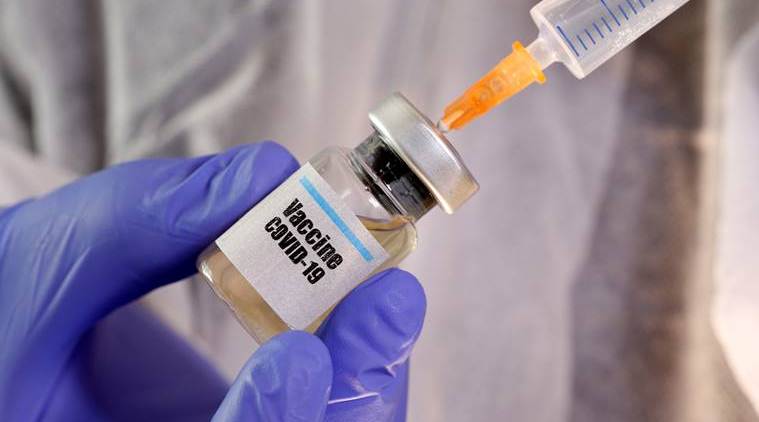Lancet: ‘Chinese phase 2 trial finds vaccine safe, induces immune response’
The phase 2 randomised controlled trial of a recombinant adenovirus type-5-vectored Covid-19 vaccine was conducted in China in April and involved 508 people.
 This comes close on the heels of the promising trial results of Oxford’s vaccine candidate. (File/Representational)
This comes close on the heels of the promising trial results of Oxford’s vaccine candidate. (File/Representational)
The results of the phase 2 trial for a Covid-19 vaccine candidate, conducted in China’s Wuhan, found that it was safe and induced immune response, research published in the Lancet on Monday said.
This comes close on the heels of the promising trial results of Oxford’s vaccine candidate.
The vaccine in the trial in China uses a weakened human common cold virus (adenovirus, which infects human cells readily but is incapable of causing disease) to deliver genetic material that codes for the SARS-CoV-2 spike protein to the cells. These cells then produce the spike protein, and travel to the lymph nodes where the immune system creates antibodies that will recognise that spike protein and fight off the coronavirus.
The phase 2 randomised controlled trial of a recombinant adenovirus type-5-vectored Covid-19 vaccine was conducted in China in April and involved 508 people. The primary objective was to evaluate the immune response and safety of the vaccine and determine the most suitable dose for a phase 3 trial.
Of the 508 participants, 253 received a high dose of the vaccine, 129 received a low dose and 126 received a placebo. The trial found that 95% (241/253) of participants in the high dose group and 91% (118/129) of the recipients in the low dose group showed either T cell or antibody immune responses on day 28 post-vaccination.
Adverse reactions such as fever, fatigue and injection-site pain were significantly higher in vaccine recipients than those in placebo recipients (72% in the high dose group, 74% in the low dose group and 37% in the placebo group). However, most adverse reactions were mild or moderate.
Phase 3 trials are needed to confirm whether the vaccine candidate effectively protects against the SARS-CoV-2 infection, Professor Feng-Cai Zhu, Jiangsu Provincial Center for Disease Control and Prevention, China, said. “The phase 2 trial adds further evidence on safety and immunogenicity in a large population than the phase 1 trial. This is an important step in evaluating this early-stage experimental vaccine and phase 3 trials are now underway.”
The authors noted that pre-existing immunity to the human adenovirus, which was used as the vector for this vaccine, and increasing age could partially hamper the specific immune responses to vaccination, particularly for the antibody responses.
Professor Wei Chen, Beijing Institute of Biotechnology, China, said: “It is possible that an additional dose may be needed in order to induce a stronger immune response in the elderly population, but further research is underway to evaluate this.”








